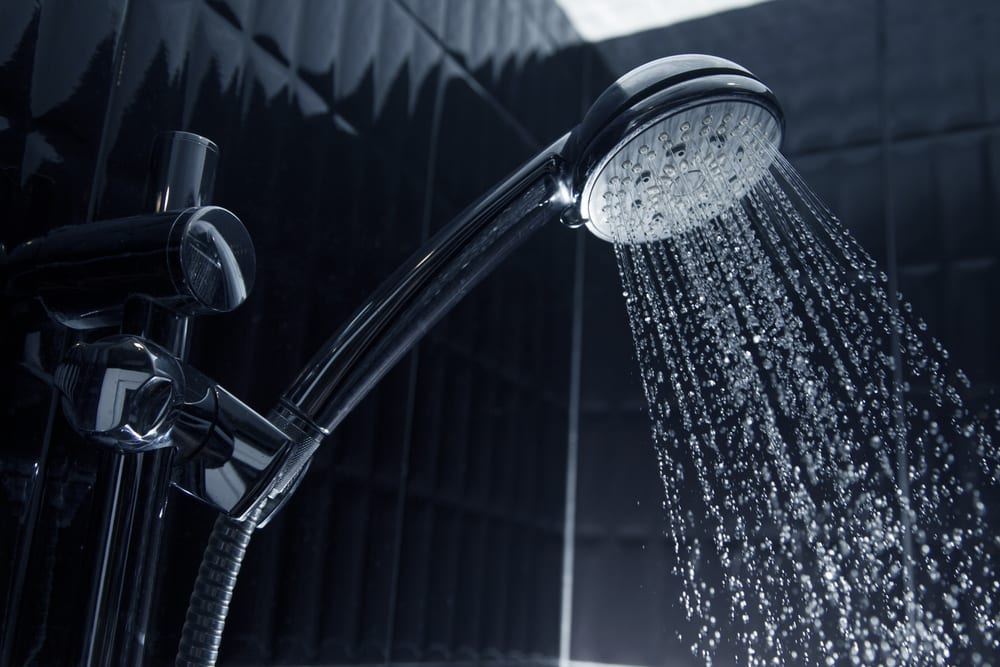
One of life’s little frustrations is running out of hot water while you are in the shower. Sometimes it is just a temporary setback attributed to someone turning on hot water elsewhere in your home. However, if you are constantly trying to beat the clock before you run out of hot water, your water heater might need maintenance or replacement. Some of the most common reasons you may be receiving little to no hot water in the shower include:
Table of Contents
Temperature is Set Too Low
If the hot water doesn’t last long in your shower, this may be caused by the temperature fixture or switch. Simply twist or turn the temperature handle to adjust the water. Do not set the temperature higher that 120 degrees because a higher temperature could cause burns from scalding water, especially to young children and elderly adults. If the temperature is set at 120 degrees and the water is not hot enough or runs out quickly, you can rule out that the temperature is set too low.
Thermostat
If there is little to no hot water in the shower, this may also be an indicator that the thermostat on the water heater is set to a low temperature. Gas and electric water heater systems feature a thermostat that allows you to control the maximum water temperature throughout the home. Try increasing the temperature on the water heater to confirm if this restores your hot water supply.
Tips & Insights: What is a Batch Feed Garbage Disposal?
Sediment Build-Up in Tank
Water, especially well water, contains various minerals. Just like your shower or plumbing fixtures can show signs of scale buildup, the inside of your water heater tank can also be affected. If the hot water runs out fast in the shower, this may be caused by sediment buildup in the water tank. An excess amount of minerals will cause a decreased capacity in the tank for warm water.
This means the hot water will run out fast in the shower. Flushing sediment from your water heater tank is a part of regular maintenance that should be done at least once a year, or more often as needed. If you continue to have little to no hot water in the shower after emptying the tank, this may be an indicator that its time to invest in a new water heater.
Part Replacements Needed
If you have an older water heater, there are multiple parts that might be causing your lack of hot water, including a broken dip tube, heating element, gas valve or thermostat. It is common for these parts to wear out and they are often replaced as a part of regular water heater maintenance. However, depending the age of your water heater, or especially if cracks or rust are found in its tank, it might be time to consider replacing it.
Multiple Appliances Are Using the Water Supply
Running multiple appliances that rely on a large quantity of water at the same time may not always be a good idea. If you’re running the dishwasher and washing machine in your home while you shower, this may be the reason you are receiving no hot water in the shower. Avoid using too many appliances that are connected to your water supply at the same time.
Water Heater Cannot Keep Up with Demand
If the hot water supply in your home doesn’t last long, this may be a sign that your water heater is no longer able to keep up with your family’s water usage patterns. The average gas water heater features a lifespan of 8 – 12 years while an electric water heater will last anywhere from 10 – 15 years. You may begin to notice little to no hot water in your shower as the water heater becomes less efficient and reaches the end of its lifespan. Upgrading to a new water heater with a larger tank, or even better, a tankless water heater that supplies on-demand hot water may be your best bet.
Is there little to no hot water in your shower? Call our team of local plumbers in Ponte Vedra Beach, FL to schedule maintenance or repairs to your home’s water heater, or to learn more about the benefits of replacing it with a tankless water heater.
Tips & Insights: How to Fix a Main Sewer Line Clog On Your Property

